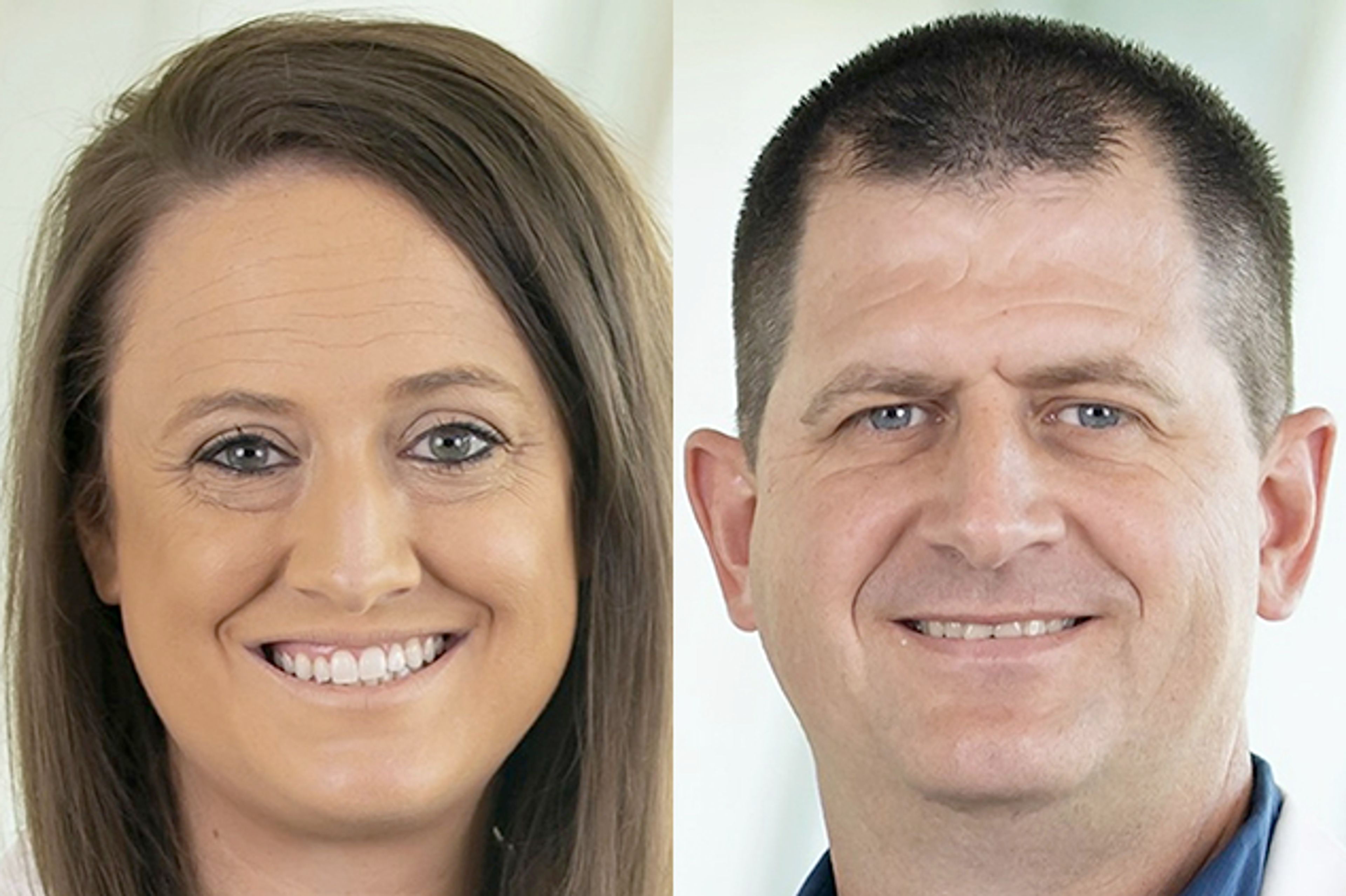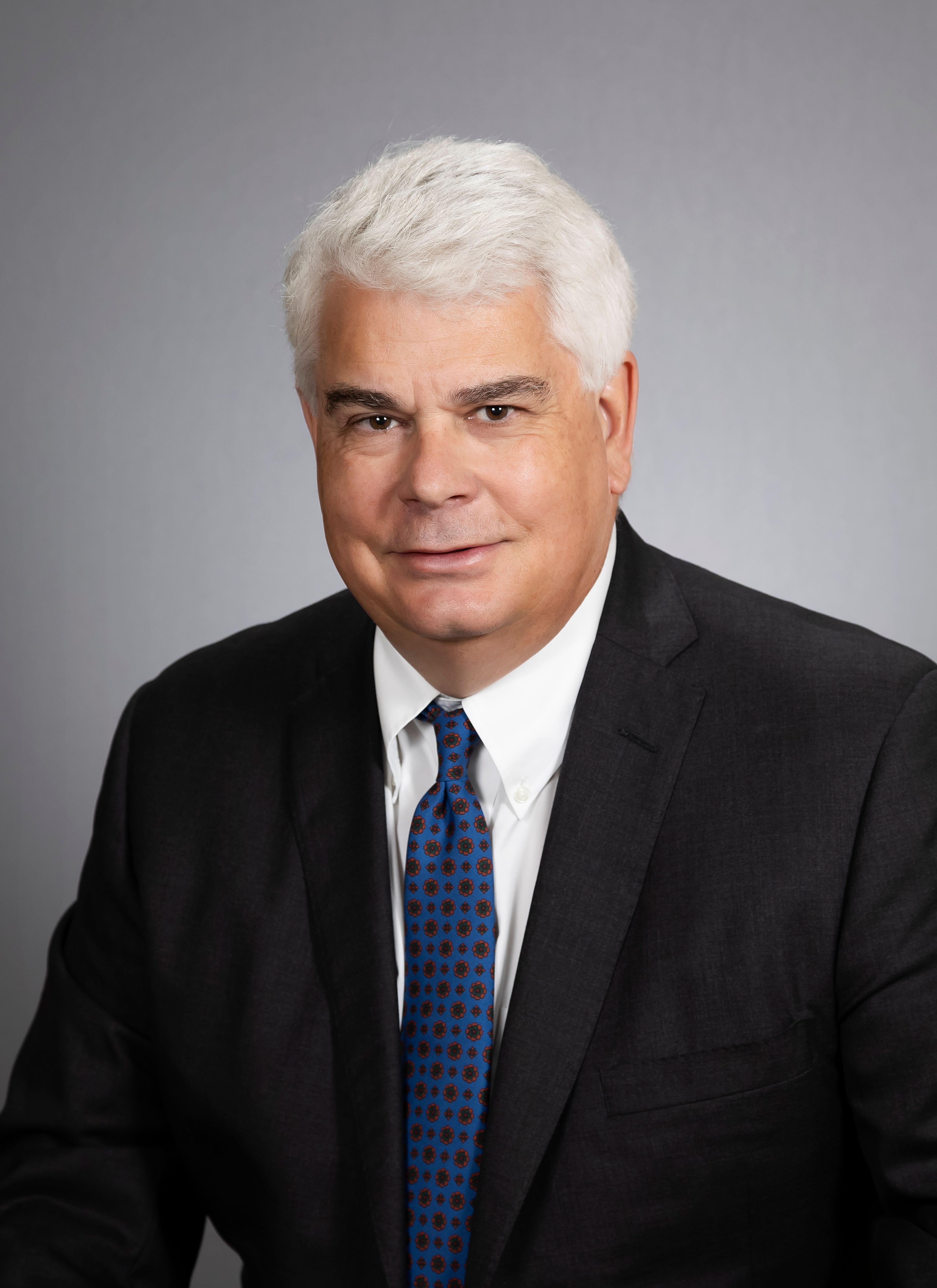Keene - The benefits of planned charitable giving
Although many affluent families and individuals give generously to charity, the vast majority of them don't give in a planned way, and that hurts both the donors and ultimately the charities, say charitable-giving experts. The majority of affluent households employ a charitable-giving strategy often referred to as "checkbook philanthropy." This is not a strategy at all, but the unplanned, often haphazard, giving of small amounts to a variety of charities, commonly in cash, often in reaction to solicitations with the best pitches.. ...
Although many affluent families and individuals give generously to charity, the vast majority of them don't give in a planned way, and that hurts both the donors and ultimately the charities, say charitable-giving experts.
The majority of affluent households employ a charitable-giving strategy often referred to as "checkbook philanthropy." This is not a strategy at all, but the unplanned, often haphazard, giving of small amounts to a variety of charities, commonly in cash, often in reaction to solicitations with the best pitches.
According to a survey by GivingCapital, only one-fourth of affluent households make planned gifts despite the fact that the vast majority of those who don't make planned gifts are interested in doing so.
What exactly is planned giving? Why are so few affluent households making planned gifts? What are their benefits?
Planned giving is an organized approach to giving that evaluates the donor's personal values, selects charitable organizations and gift-giving vehicles that best reflect those values, and maximizes the financial and tax benefits of the gifts.
So why don't more affluent households plan their gifting? Several reasons: planned giving takes time, many don't know enough about the details or benefits of planned giving, many perceive planned giving as too complex and too expensive, and some worry about jeopardizing their own financial situation through giving. Planned giving addresses these concerns, while providing some of the following benefits.
Influence
The nature of charitable giving has been changing in recent years, particularly as the front end of the baby boom generation reaches the point where it can afford to make sizable gifts. First, many of today's donors are less inclined to simply pass on most of their wealth to their children, and are more inclined to pass on a greater portion to charitable organizations.
Second, donors -- particularly the self-made affluent -- want greater influence over how their gifts are spent. Instead of simply writing a check to an omnibus charity that makes the distribution decisions, they want to be actively involved in seeing that their money targets those charities they deeply care about. That's why those who plan their donations often establish various foundations or charitable remainder trusts, or contribute to donor-advised funds.
Efficient use of money
Planned giving makes use of techniques that maximize the dollar amount that ultimately benefits the charity. For example, the gifting of stock avoids the donor's payment of capital gains taxes, and thus leaves more to the charity. But sometimes it's not possible to gift stock directly to smaller charities, so the donor must employ other charitable vehicles to accomplish such a gift.
It may make more sense to give during one's lifetime instead of waiting until death. Or it you might be able to leave more to a charity over the long run by deciding on a 5 percent payout rate from a charitable remainder unitrust rather than a 10 percent payout rate.
Tax benefits
Although many affluent make donations out of a genuine desire to give, tax benefits play an important role. For one thing, the tax benefits often make it financially feasible for the donor to make a gift. Charitable remainder trusts and gift annuities, for example, provide the donor with lifetime income while ultimately benefiting the charity. Furthermore, as exemplified by the gifting of appreciated property, the tax savings benefit the charity as well.
Teach your children
Planned giving involving ongoing influence such as through donor-advised funds or foundations can be an excellent way to involve the donor's children. They can help decide who is to receive gifts, and in some cases can continue that role after the donor's death.
Provide a legacy
Some donors wish to leave an ongoing philanthropic legacy, something that generally can't be done with standard checkbook giving.
The options for making planned gifts are many. They include bequests made through wills, charitable remainder trusts, charitable lead trusts, private and community foundations, charitable annuities, and donor-advised funds, to name only a few.
Each option presents advantages and disadvantages, so you will want to review those options with your financial planner or other charitable expert to see which ones best fit your values and personal financial situation.
Wm. Gerry Keene III, CFP, RFC, is a Certified Financial Planner practitioner with Keene Financial Group in Cape Girardeau. He is a registered representative offering securities through FFP Securities Inc., member NASD/SIPC, and a registered Investment Advisory agent offering services through FFP Advisory Services Inc. (1-800-827-1929, 33KEENE 335-3363 or )
Connect with the Southeast Missourian Newsroom:
For corrections to this story or other insights for the editor, click here. To submit a letter to the editor, click here. To learn about the Southeast Missourian’s AI Policy, click here.





